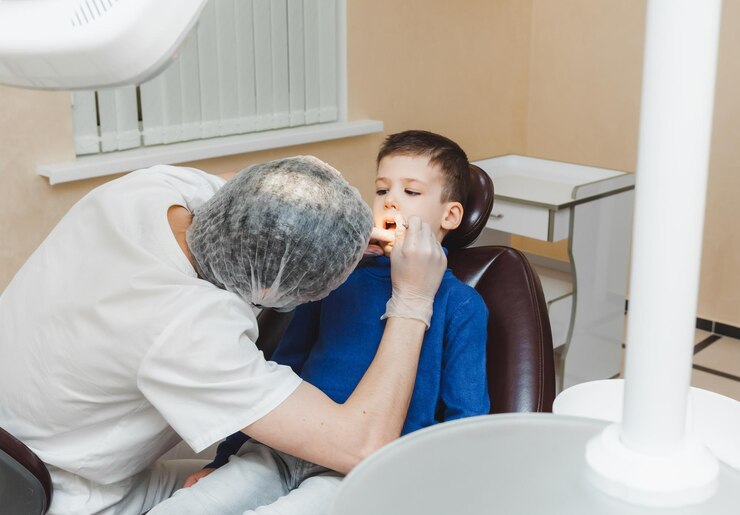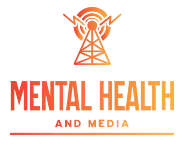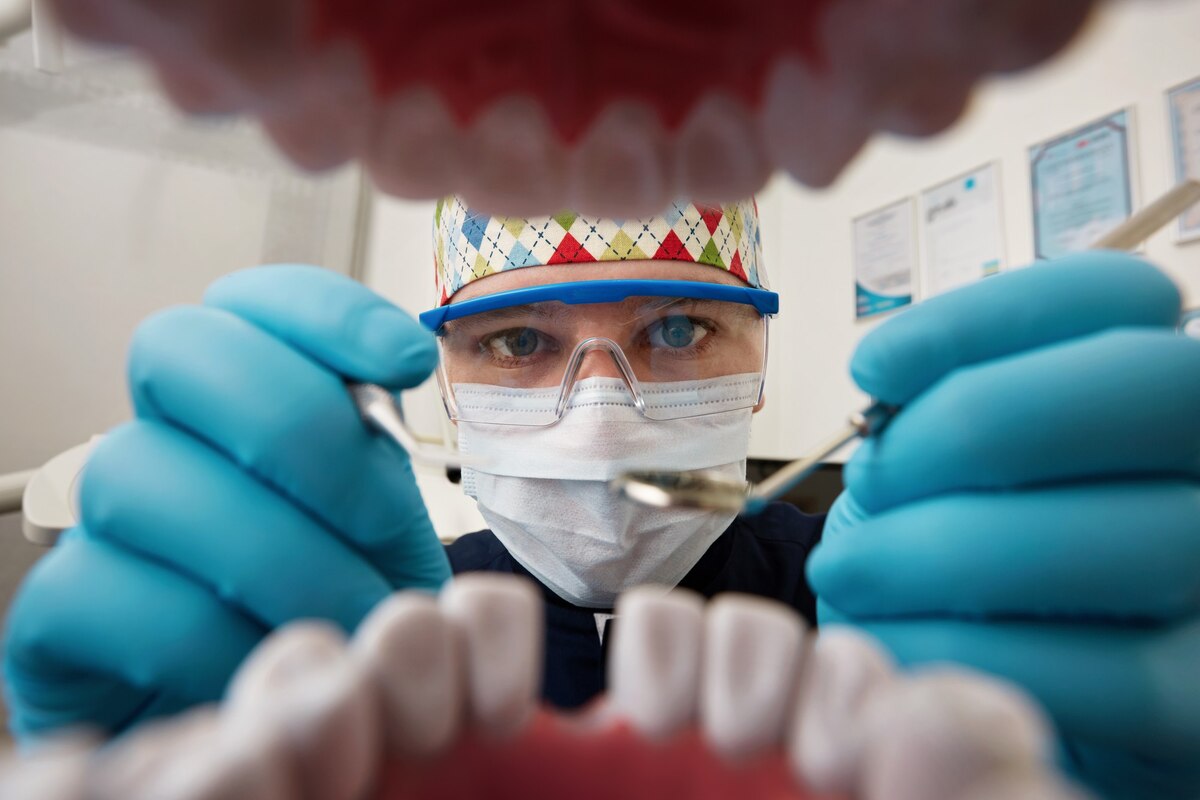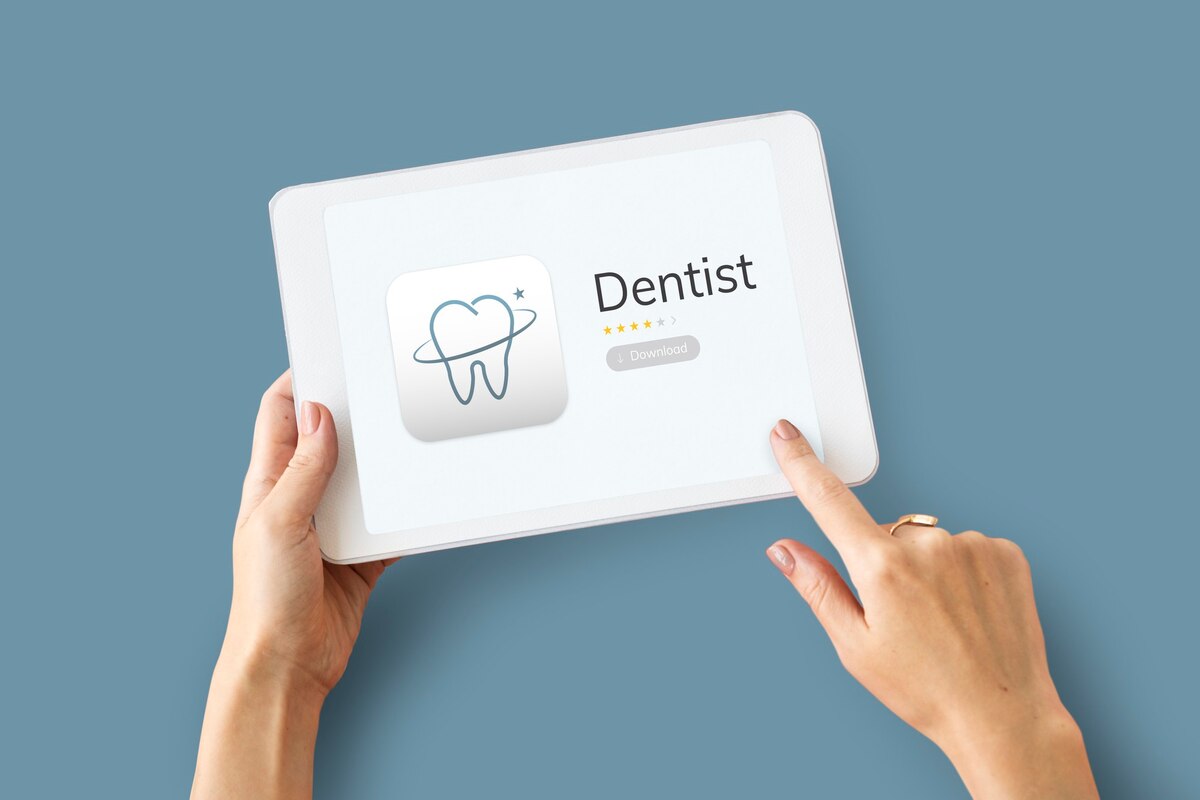Oral health is essential at every stage of life, from childhood through old age. Each age group faces unique oral health challenges and considerations, making it crucial to prioritize dental care and maintenance throughout the lifespan. Read More
Establishing good oral hygiene habits early in life sets the foundation for a lifetime of healthy teeth and gums. For children, dental care begins even before the first tooth emerges. Parents should gently clean their baby’s gums with a soft cloth or infant toothbrush after feedings to remove bacteria and prevent plaque buildup. Once teeth begin to erupt, brush them twice a day with fluoride toothpaste and supervise brushing until the child can do it effectively on their own. Limit sugary snacks and drinks, and schedule the child’s first dental visit by their first birthday to monitor oral development and address any concerns early. As adults, maintaining oral health becomes a lifelong commitment that requires regular care and attention. Brush your teeth at least twice a day and floss daily to remove plaque and prevent cavities and gum disease. Choose a toothbrush with soft bristles and replace it every three to four months or sooner if the bristles become frayed. Visit your dentist for regular check-ups and cleanings to monitor oral health and address any issues promptly. Avoid tobacco use, limit alcohol consumption, and eat a balanced diet to support overall oral health and well-being. As we age, oral health needs may change, requiring adjustments to our dental care routine and lifestyle. Seniors are at increased risk of oral health problems such as gum disease, tooth decay, and oral cancer, as well as age-related conditions like dry mouth and tooth loss. Maintain regular dental visits for preventive care and treatment of oral health issues. Use fluoride toothpaste and mouthwash to strengthen tooth enamel and prevent cavities. Practice good denture care if you wear dentures, and be vigilant for signs of oral health problems such as bleeding gums, loose teeth, or changes in oral tissue. Certain populations may have specific oral health needs that require special attention and care. Pregnant women, for example, may experience hormonal changes that increase the risk of gum disease and cavities. It’s essential for expectant mothers to prioritize oral hygiene and schedule regular dental check-ups during pregnancy. Individuals with chronic health conditions such as diabetes, heart disease, or autoimmune disorders may also be at higher risk of oral health problems and should work closely with their healthcare providers to manage their oral health effectively. Oral health is a lifelong journey that requires consistent care and attention at every stage of life. By prioritizing dental hygiene, scheduling regular check-ups, and addressing oral health issues promptly, individuals can maintain healthy teeth and gums well into old age. Whether you’re a child, adult, or senior, remember that oral health is an essential component of overall well-being, and investing in preventive care today can lead to a lifetime of healthy smiles tomorrow. Children’s Oral Health:
Adult Oral Health:
Senior Oral Health:
Special Considerations:
Conclusion:




